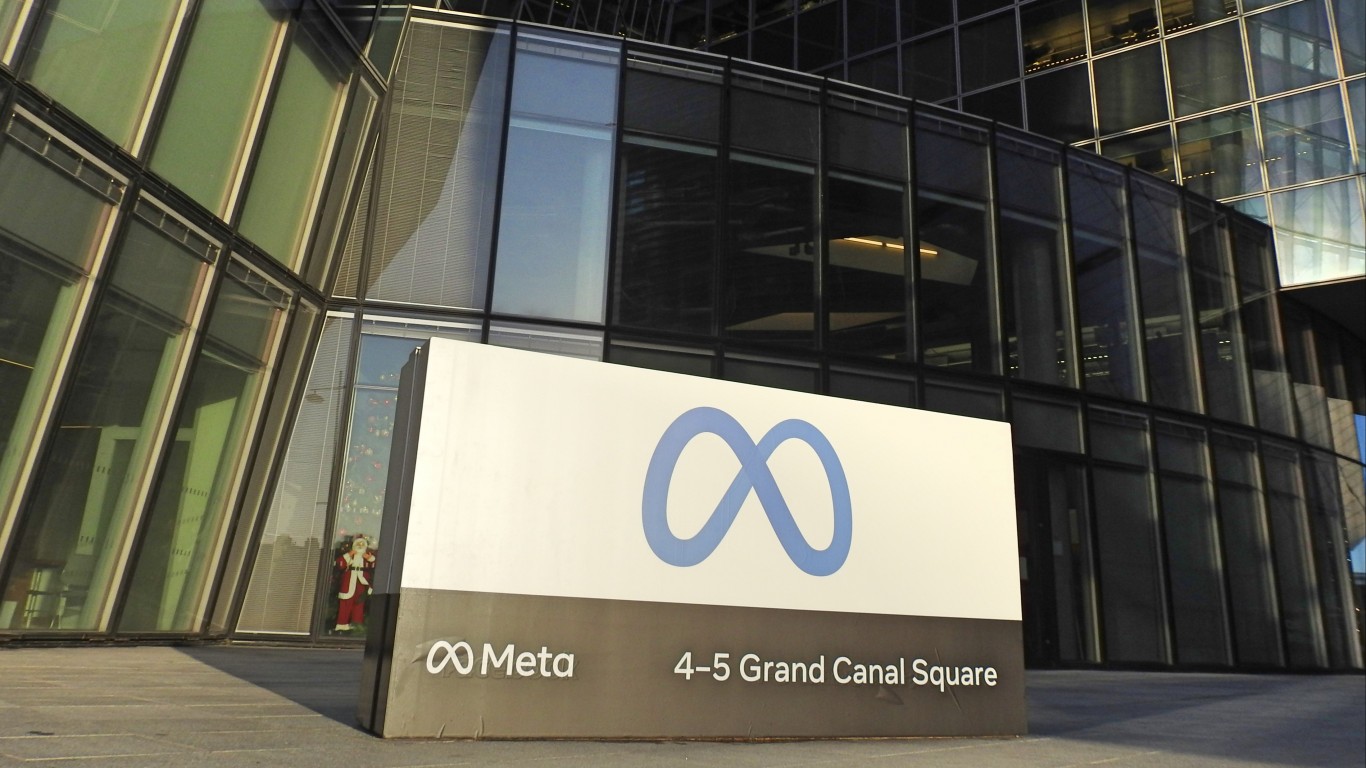
The discussion covers OPEC’s historical non-compliance with production cuts and the impact of oil flows from Russia and China’s consumption patterns. The conversation touches on geopolitical dynamics between the U.S., Russia, and China, and the protracted Ukraine conflict. Renewable energy investments are highlighted, noting their slow progress compared to traditional energy. The dialogue also discusses the slow adoption of EVs outside China and their challenges in cold climates, which is favorable for OPEC. Additionally, the potential motivations of Saudi Arabia to monetize its oil assets through its publicly traded company are considered.
Transcript:
You know how OPEC has always been, Doug.
Over the years, they haven’t always been compliant anyway with voluntary cuts and ones that were mandated.
And, you know, there’s a huge flow of oil coming out of Russia.
And, you know, the biggest oil consumer is China.
And that’s where the rub is going to come. If China’s economy improves to any degree off of the kind of stagnant level it’s been at for the last year and a half, we could see a big increase in consumption there.
Well, I know the U.S. wants to drive a wedge between Russia and China, which might change the price of oil.
But I don’t think that’s going to happen.
I think that those two countries have decided that they’re better off as a pair than they are individually.
I think you’re right.
And, you know, Putin’s going to end up regretting, I think, this protracted Ukraine fight because it’s a stalemate.
It’s kind of a mini World War I where they’re locked into kind of a no man’s land zone, you know, a little bit in Ukraine, and then they’ll kind of shift back there.
But the thing that worries me is that we allowed Ukraine to fire U.S. missiles into Russia, and I don’t think that’s a very good idea.
No, I don’t think that’s going to make them happy.
One of the interesting things also is the IEA came out with a report a day or two ago that said, you know, renewables are moving along. You’re doing well. Renewable investment this year will be $2 trillion.
Investing in traditional energy will be $1 trillion.
But then there’s a foot down at the bottom that says it’s not happening anywhere near fast enough.
Now, if you’re an oil producer, you look at that and say, this is great.
Well, yeah. And, you know, the renewables goes back and forth.
It depends on… I mean, a friend of mine trades electricity and it says, you know, depending on how the wind speeds are, it can be real good.
But depending if you have a lot of cloudy days, it can be real bad.
So it’s certainly I mean, what do renewables bring into the marketplace now? 10 percent, 15 percent. Is it even that high?
So, I mean, it’ll always be something that the green machine wants to jam down everybody’s throat.
It’ll never provide the energy needs for the globe.
Well, the oil people are not afraid of EVs either right now.
If you went back two or three years, EVs were going to be half the vehicles sold in the world by 2030.
Ford was going to put $30 billion into EVs.
Now, with the exception of China, EV sales have slowed considerably.
That is good news for the guys over at OPEC.
Oh, it’s absolutely good news.
And as we found out this past winter, cold winters don’t sit well with EV owners because they just functionally are inoperable at, you know, 10 degrees, 20 degrees and colder.
They’re inoperable. And I think that it would be a… I don’t think they’ll ever get…
And the idea of the EV for short ranges or for in-town driving makes sense, I guess.
But, you know, until you have the thousand mile range like the Chinese companies shooting for, I don’t think you’re going to get a lot of interest and they’re too expensive.
Is another reason for this maybe the fact the Saudis have their own little tiny publicly traded company and they’re pushing into the market to monetize that more?
Could be. But I mean, the main thing the Saudis have is oil and that’s all they have and sand.
Thank you for reading! Have some feedback for us?
Contact the 24/7 Wall St. editorial team.



